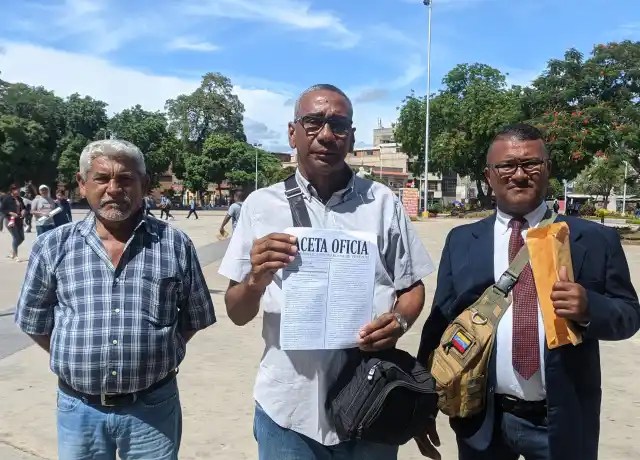
The Foundation for the Social Comptrollership of Funeral Services of Anzoátegui State (FCCSFAnz, Fundación para la Contraloría Social de los Servicios Funerarios del estado Anzoátegui) demands that the National Government enforce and honor the rights of older adults in this matter.
By Correspondent lapatilla.com
As explained by the president of the foundation, José Magallanes, the National Assembly (AN) approved at the end of 2023 the Law to Reform the Decree with Rank, Value and Force of Law of the Insurance Activity (Industry), where, among other things, it is made clear that companies in this field must guarantee policies for the vulnerable population and without age limits.
“It turns out that to date there are no traces of policies for the protection of older adults. We know of several cases of families who have been looking for these micro-insurances, but there is still no company that offers them,” he assured.
The spokesperson specified that these policies are aimed not only at senior citizens, but also at informal merchants, fishermen, and residents of rural areas, as they are some of those who are unprotected.
“Currently, insurance and funeral companies make policies with an age limit of 65 years, disrespecting the law as reformed by the AN. Furthermore, whoever purchases a policy has to wait at least a year to be able to use it, which is illogical because during that time the loss of a family member may occur and the full service would have to be paid for,” Magallanes commented.
The President of FCCSFAnz highlighted that, taking advantage of the sudden interest that the National and State Government has had with older adults in recent weeks, they plan to request that a special commission be appointed to closely monitor compliance with the law.
“We need that the government, as well as deputies of the national and regional parliament, to become active and engaged in this so that funeral and insurance companies comply with this law,” emphasized the spokesperson, who reiterated that the main objective is the protection of the older adults given the vulnerable economic conditions in which the majority find themselves.

